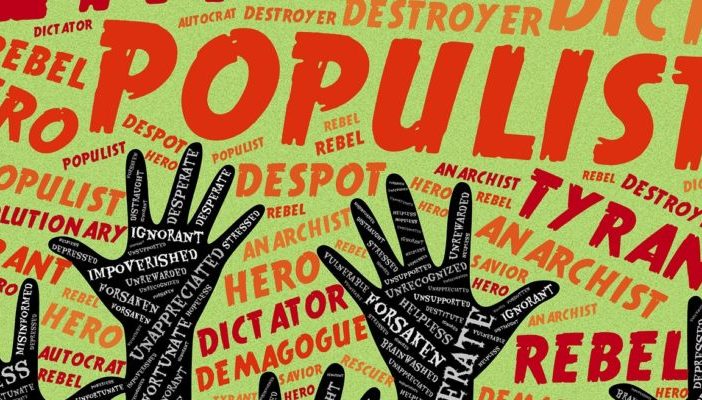PhD candidate in the Department of International Development Jorich Johann Loubser looks at how government policies introduced in South Africa have attempted to address the country’s deep-seated poverty and inequality.
Aiming to address poverty and inequality, many contemporary progressive economic movements, within both the Global North and South, have focussed their attention on i) improving tax regimes (the Bernie-bros) ii) expanding government welfare (all those articles I have been reading about Universal Basic Income) and iii) improving working conditions. However, while these political battles rage on, what can we learn from other countries’ experiences about the importance of these projects?
Within this context, few countries can offer as much case value as South Africa. Uniquely, post-apartheid South Africa has implemented all three of these policy prescriptions, to a varying degree. Politicians within the African National Congress, unions and civil society have worked hard to improve labour regulation, which has seen workplaces become safer and wages increase. Additionally, the state has implemented an effective and progressive tax regime which (although not without its problems) has allowed it to increase and improve access to a range of welfare programs. However, South Africa remains one of the most unequal in the world and poverty remains endemic, which clearly illustrates that while these political and economic reforms are important (they have substantially improved the lives of many South Africans), they remain insufficient.
South Africa is also a valuable case study because its struggle with poverty and inequality is particularly well documented and debated in the scholarly literature, owing largely to the country’s public institutions such as Statistics South Africa and its public universities. And while it is clear that many factors are at play, scholars such as Nicoli Nattrass have pointed to labour market outcomes as providing a crucial explanation as to the endemic nature of South Africa’s problems with poverty and inequality.
No statistic provides a starker picture of this reality than the country’s unemployment rate. In the second quarter of 2021, South Africa’s unemployment rate (according to the strict definition) rose to an astonishing 34.4% – while the COVID-19 pandemic has not helped, unemployment has consistently plagued the country. This is then exaggerated by the skills bias in the South African economy towards high-paying sectors such as finance. It is clear that reactive policies – those which take the structure of the economy as given – are insufficient. Redistributing benefits is in itself insufficient; we need to change how economies work.
In practice this means that political progress is not only about how much tax Amazon does or does not pay, it is also about the effect that Amazon has on the structure of economy: how we actually produce and consume goods and services. The purview of the state and civil society must thus be widened to actively shape the structure of the economy. In turn, the democratic debate must address what kind of economy we want.
Heterodox economists, such as Ha-Joon Chang, have consistently pointed to the role of government policy in shaping the economy, while others such as Mariana Mazzucato have shown that we need to fundamentally transform how we think about value if we are to actually address how the economy works. Granted, debates about industrial policy and theories of value aren’t as sexy as Bernie Sanders chastising the “top 1%”. But if political movements do not adequately address these issues, they will only be hampering themselves.
This is not to say that contemporary movements are wrong. Improving tax regimes, increasing and improving welfare access and protecting workers rights often do meaningfully improve people’s lives – as post-apartheid South Africa illustrates. Additionally, improved tax regimes are critical to providing the state with the resources required to shape better economies. However, these are only partial solutions. This means that the political coalitions that we form must, at their core, acknowledge and address the intricacies of how the market actually works.
While a socialist utopia is probably not viable in my lifetime, better economies are. But only if we have better politics.
The views expressed in this post are those of the author and in no way reflect those of the International Development LSE blog or the London School of Economics and Political Science.
Main image: South African President, Cyril Ramaphosa, attending a COSATU rally in Port Elizabeth in 2018. Source: Gallo Images / Sowetan / Werner Hills via Newframe.com.





